In the sunlit state of Delaware, the promise of “free” solar panels often shines as brightly as the summer sun. Yet, this alluring proposition may not be quite as luminous as it appears at first glance. The term ‘free’ can mask the complex realities and the critical details that homeowners and businesses must understand before basking in the potential benefits of solar energy. It’s essential to unpack what ‘free’ truly means in the context of solar power, as the financial frameworks and incentives behind such offers are often more intricate than they may seem.
As we navigate the renewable landscape, clarity is our compass. Let’s demystify this notion of costless solar solutions together and reveal the genuine opportunities that lie beneath. From tax incentives to lease agreements, there’s a spectrum of options that can lead to significant savings and sustainable energy practices. By exploring the specifics of Delaware’s solar installation landscape, you will be equipped with the knowledge to harness the sun’s power in a way that aligns with both your environmental ideals and financial considerations.
So, delve deeper and unveil the layers of “free” solar panels in Delaware. Understanding the real costs and savings associated with solar installation is vital—it’s about illuminating the fine print and finding the true value for your green investment. Join me as we explore the nuanced ways you can save with solar installation, ensuring that your journey towards renewable energy is as bright and beneficial as possible.
Are “Free Solar Panels” Really Free in Delaware?
When you hear the term ‘free solar panels,’ it’s important to understand what this actually entails within the solar industry. In reality, the concept of ‘free solar panels’ is a bit of a misnomer because it generally refers to solar leases or Power Purchase Agreements (PPAs). These financial arrangements allow homeowners to take advantage of solar energy with little to no upfront costs for the installation of the solar panels.
In a solar lease, you agree to have solar panels installed on your property, but the solar company retains ownership of the equipment. You do not pay for the solar panels upfront; instead, you pay a fixed monthly fee to lease the equipment. This fee is typically lower than your current electric bill, leading to immediate savings on your energy costs. However, because you are leasing, you do not own the panels and so you are not entitled to any tax incentives or rebates that come with ownership.
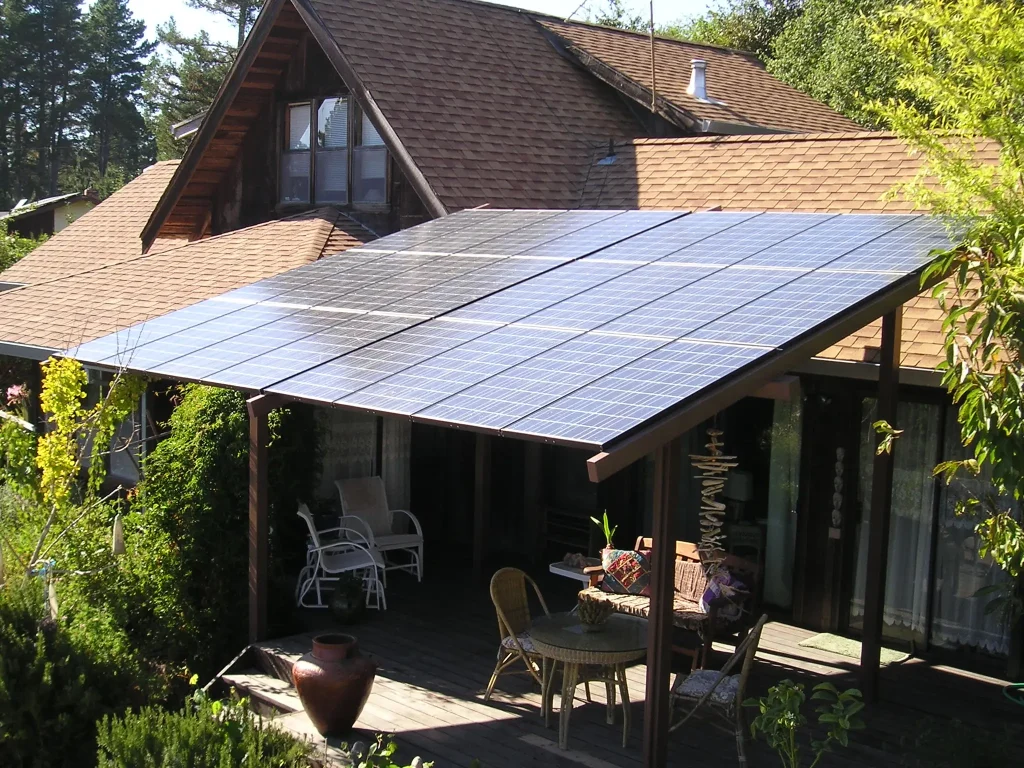
PPAs are similar to leases in that you also get the panels installed on your home for no upfront cost. The difference is in the payment structure. Instead of paying a fixed monthly lease amount, you agree to purchase the power generated by the solar panels at a predetermined rate, which is usually less than the local utility rates. Again, while this can result in savings on your electricity bill, you do not own the panels and therefore miss out on certain benefits of solar ownership.
In Delaware, as in other places, these no-upfront-cost solar options are popular because they enable homeowners to switch to renewable energy without the financial burden of an outright purchase. However, consumers should consider the long-term implications of leases and PPAs. Over time, the costs can add up, and since you don’t own the solar system, you don’t increase the value of your property in the same way you would if you purchased the panels outright. Additionally, these contracts often come with terms of 20 to 25 years, with specific conditions on what happens if you sell your home or want to cancel the agreement.
While the allure of ‘free solar panels’ is strong, it’s crucial to weigh the pros and cons and understand the responsibilities and long-term commitments that come with solar leases and PPAs. Educate yourself on the specifics and consider consulting with a solar expert to help you make the decision that is best for your situation and financial goals.
What Do Companies Mean When They Refer to Free Solar Panels?
When diving into the world of solar panels in Delaware, you’ll encounter a few marketing phrases that may sound too good to be true, such as “free solar panels.” Let’s unpack these offers, so you understand what you’re actually getting.
“Free Solar Panels” often refers to solar leases or power purchase agreements (PPAs). Here, a company installs solar panels on your home at no upfront cost. But rather than owning the equipment, you’re effectively renting it. You pay a monthly fee for the electricity generated, which should be lower than your previous utility bill.
- Solar Lease: With this, you lock in an agreed monthly rent for the use of the solar system. Your payment doesn’t change, regardless of how much energy the panels produce. It’s straightforward, but you won’t benefit from any excess energy the system creates, which could otherwise reduce your bill further.
- Power Purchase Agreement (PPA): This option means you only pay for the energy your panels produce at a set per-kilowatt-hour rate, often lower than the local utility’s price. While this can offer savings, rates can increase annually, and you need to carefully review the contract’s fine print for potential escalators.
“No Cost Solar Programs” can be another term for the above arrangements or for incentives like the federal solar Investment Tax Credit (ITC), which reduces your income tax based on the cost of your solar system. However, you’ll need to have enough tax liability to benefit, and it’s not a direct discount on the installation cost.
“Zero Down Solar” promises no initial outlay. This is attractive but doesn’t mean free solar energy. You’ll still be responsible for either monthly lease/PPA payments or a loan repayment if you’ve financed the purchase of the panels.
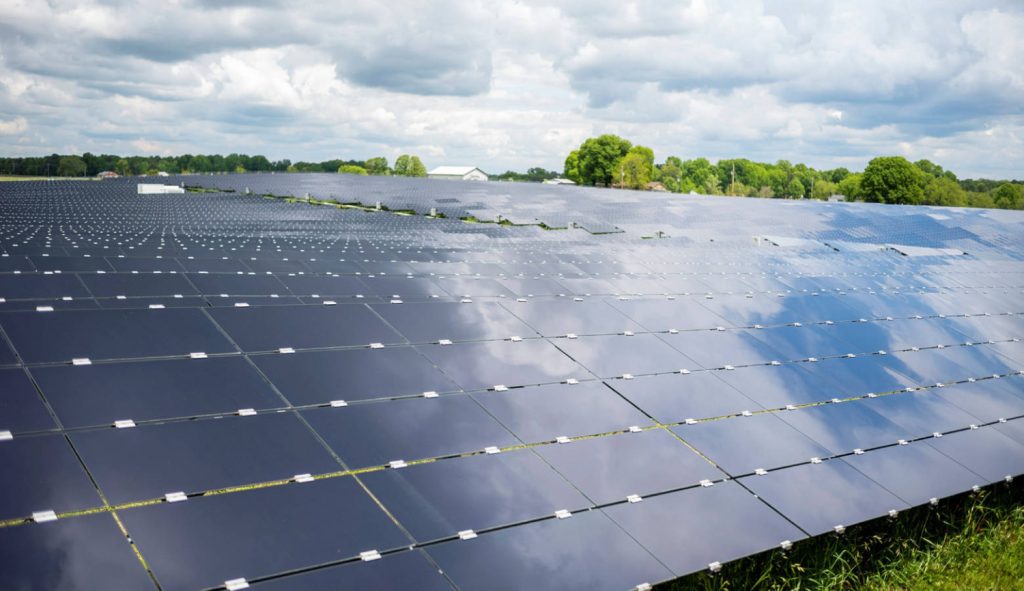
Remember, while these offers can indeed lead to savings and a lower carbon footprint, there are considerations:
- Long-Term Commitment: Leases and PPAs usually lock you in for 20-25 years. If you sell your home, transferring the agreement can be complicated.
- Maintenance: The good news is that the leasing company typically maintains the system, but this also means you have to rely on them for any issues that arise.
- Savings: The financial benefits depend on numerous factors, such as energy prices and solar generation performance. It’s essential to do the math based on your situation.
To make an informed decision about “free solar panels” in Delaware, approach the deals with a critical eye, read contracts thoroughly, and consider both the immediate benefits and long-term responsibilities. If you’re looking for genuine ownership and long-term savings, these offers might not be the best fit. However, if immediate savings with no upfront investment is your priority, and you’re comfortable with the terms, these solar panel arrangements could be a smart choice for your energy needs.
Solar Leases
Solar leases are an arrangement where a homeowner rents a solar panel system from a solar leasing company. This allows you to enjoy the benefits of solar power without paying the upfront costs of purchasing the system. Here’s a breakdown to help you understand how these leases work, their benefits and drawbacks, and what they mean for your long-term costs and potential savings, especially tailored for you as a homeowner in Delaware:
Benefits of Solar Leases
- No Initial Investment: You don’t need to invest a substantial amount of money upfront to install the solar panels, as the leasing company owns the system.
- Maintenance Covered: The leasing company is generally responsible for the maintenance and repair of the system, so you don’t have to worry about additional costs or performing the maintenance yourself.
- Lower Utility Bills: Solar leases can result in immediate savings on your electricity bill, as the cost of the lease is typically less than your current monthly power bill.
Drawbacks of Solar Leases
- Less Savings Long-Term: Overall savings are usually less than if you purchased the system outright because you pay for the lease over time.
- No Incentives: You may not be eligible for solar incentives, rebates, or tax credits, which instead go to the leasing company as the system’s owner.
- Contract Length: Solar leases often lock you into long-term contracts (typically 15-25 years), which might complicate selling your home if the new buyer doesn’t want to take over the lease.
Long-Term Cost Implications and Potential Savings
The long-term cost implications of solar leases depend on the terms of your lease agreement. Typically, you’ll see immediate savings on your electricity bills, but you must factor in the lease payments over the contract’s duration, which might escalate over time depending on the agreement’s terms.
In Delaware, homeowners can also participate in net metering, allowing any excess power your solar system produces to be sold back to the grid, potentially offsetting the cost of your lease payments. However, this benefit will be less if you do not own the system.
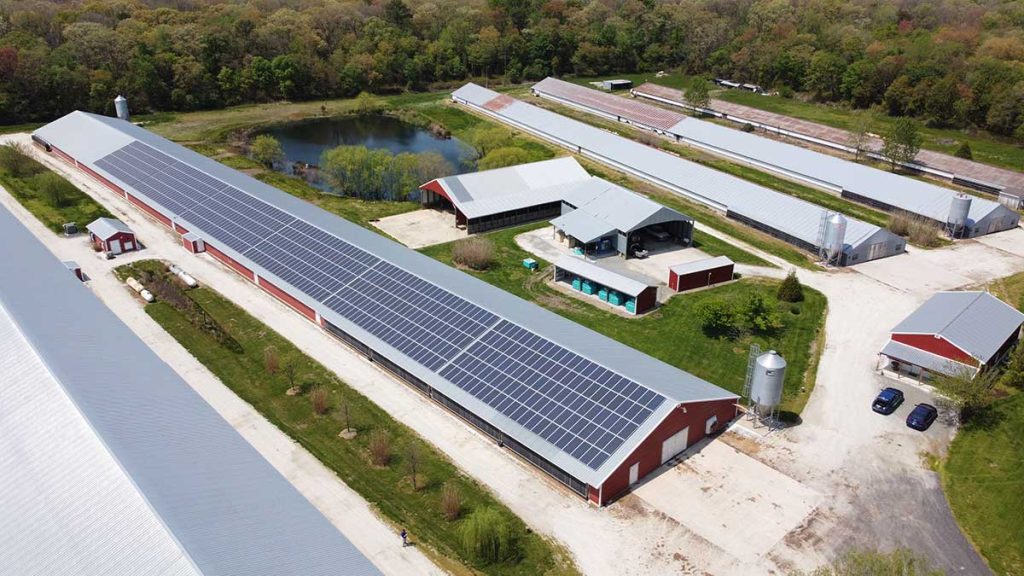
It’s crucial to do a side-by-side comparison of your expected electricity bills with and without the solar lease, and then to balance this against the cost of the lease over the same period. Also, consider the impact on your home’s value and the potential challenges if you decide to sell your home.
Solar leases can offer a practical way to go solar without the large initial outlay, but it’s important to weigh immediate benefits against longer-term financial considerations. Before committing, thoroughly review the lease terms and assess how the lease aligns with your financial goals and homeownership plans.
PPA Agreements
Power Purchase Agreements (PPAs) in the context of solar energy offer a financial arrangement where a third-party developer owns, operates, and maintains the solar photovoltaic (PV) system, while the homeowner agrees to site the system on their property and purchases the system’s electric output from the solar services provider for a predetermined period. Essentially, you are buying the energy produced, not the solar panels themselves.
Pros of PPAs for Homeowners
- No or low up-front capital costs: With a PPA, the third-party provider covers the installation and maintenance costs, alleviating your initial financial burden.
- Potential savings on energy costs: PPAs often offer lower rates than the local utility, leading to immediate savings on your electric bill.
- Hassle-free maintenance: The responsibility for system performance and maintenance lies with the PPA provider, not you.
- Green energy: By using solar, you’re contributing to a decrease in carbon footprint and promoting renewable energy without having to own the system outright.
Cons of PPAs for Homeowners
- Long-term commitment: PPAs typically require a commitment of 15 to 25 years, during which you are obligated to purchase energy from the provider.
- Less financial benefit than owning: While you save on your energy bill, you miss out on potential benefits such as federal tax credits, rebates, and the increased value to your home.
- Complexity in selling your home: Transferring a PPA can complicate the sale of your property as the new homeowner will have to take over the PPA agreement.
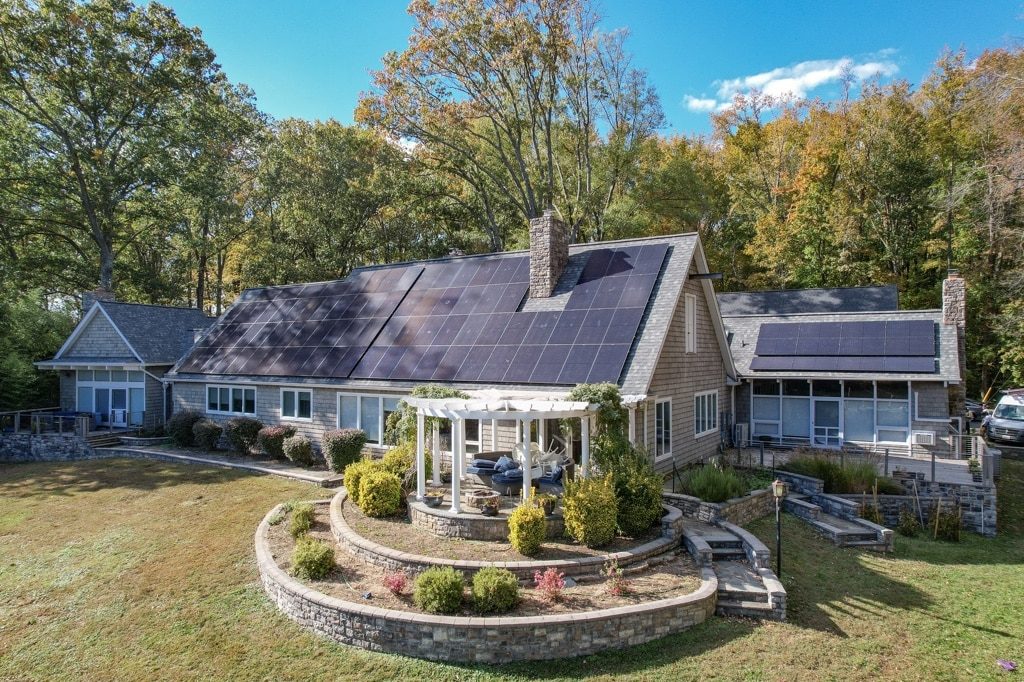
Comparing PPAs with buying or leasing options
When you buy a solar energy system outright, you become the owner and can capitalize on all benefits, including potential increases in property value and access to monetary incentives. It requires a significant upfront investment but leads to greater long-term savings.
Leasing a solar system is somewhat similar to a PPA, in that the third-party provider owns the system on your property. However, the difference lies in the payment structure: a lease has fixed monthly payments regardless of the amount of energy produced, while with a PPA, you pay per kilowatt-hour (kWh) of solar electricity the system generates.
Here is a simplified comparison:
| Buying | Leasing | PPA | |
|---|---|---|---|
| Ownership | Homeowner | Third-party provider | Third-party provider |
| Upfront Cost | High | Low or none | Low or none |
| Maintenance | Homeowner’s responsibility | Provider’s responsibility | Provider’s responsibility |
| Financial Incentives | Accessible to homeowner | Claimed by the provider | Claimed by the provider |
| Energy Cost | Free once system is paid off | Fixed monthly lease payment | Variable (based on production) |
| Contract Term | None (ownership) | Typically 20-25 years | Typically 15-25 years |
Making the right choice between a PPA, lease, or outright purchase depends on your financial situation and long-term goals. For homeowners in Delaware specifically, it’s important to consider state-specific solar incentives and electricity rates when evaluating these options. Remember to take the long view: How much are you willing to invest now, and what kind of returns or benefits are most important to you over time?
Zero-down Solar Loans
Zero-down solar loans are a financial product that enables homeowners to install solar panels with no upfront payment. Essentially, you’re borrowing money to purchase the solar system and then pay back the loan over time. In Delaware, where there’s a growing interest in sustainable energy, zero-down solar loans offer a way for homeowners to make the switch to solar energy without the initial financial barrier associated with purchasing the panels outright.
Here’s how zero-down solar loans typically work: You take out a loan for the total cost of the solar energy system. Instead of paying for the solar panels upfront, your loan covers the cost, and you repay the loan over an agreed period – often 10 to 20 years. The monthly loan payment is ideally less than or equivalent to what you would save on your electricity bill by generating your own solar power.
Benefits of Zero-Down Solar Loans
- No Upfront Costs: You can immediately enjoy the benefits of solar power at home without the significant initial investment.
- Ownership: Unlike leasing, you own the solar power system, which can increase the property value of your home.
- Potential Savings: Over time, the reduction in your electrical bill can offset the monthly loan payments, and once the loan is paid off, you receive essentially free electricity.
- Environmental Impact: By using solar energy, you’re contributing to a reduction in greenhouse gas emissions.
- Access to Incentives: Homeowners can still take advantage of federal tax credits, state incentives, and solar renewable energy certificates (SRECs).
Potential Risks of Zero-Down Solar Loans
- Long-term Commitment: Solar loans typically span many years, meaning you are committing to a long-term financial agreement.
- Credit Implications: Like any loan, failing to make timely payments can negatively affect your credit score.
- Maintenance Responsibility: As the system owner, you are responsible for any maintenance or repairs, which could add to costs over time.
- Interest Rates: Interest rates on solar loans may add a significant amount to the total cost of your system over the life of the loan.
- Relocation Challenges: If you move, you’ll still need to settle the loan, which can complicate the sale of the house or require transferring the loan to the new homeowner.
Zero-down solar loans in Delaware offer homeowners a feasible way to shift to renewable energy without the initial financial hurdle. They are a wise choice for those ready to invest in their property and environment over the long term. However, it’s crucial to consider the potential risks and your ability to meet the loan repayments before diving in. Always consult with a financial advisor or a solar energy expert to fully understand the terms of the loan and how it aligns with your financial goals.
Can You Get Free Solar Panels From the Government?
First off, it’s important to clarify that the term “free solar panels” can be misleading. The United States government, specifically in Delaware, does not typically provide solar panels to individuals at no cost. However, there are several government initiatives and programs available that can significantly reduce the cost of solar panel installation through subsidies, tax credits, and other incentives, making solar energy more affordable for homeowners.
Here are some of the key programs and initiatives in Delaware that you should be aware of:
Federal Investment Tax Credit (ITC)
One of the most substantial incentives is the Federal Solar Investment Tax Credit, which allows you to deduct a percentage of the cost of installing solar panels from your federal taxes. The ITC is currently set at a 26% credit for solar systems installed through the end of 2022 and it’s scheduled to decrease unless extended by Congress.
Delaware Green Energy Program
This state-specific program offers grant incentives for installing renewable energy systems, including solar panels, for residential properties. The program’s aim is to make renewable energy systems more affordable. Grants can cover a significant portion of the installation costs. Eligibility criteria are typically based on the size of the system being installed and other factors.
Solar Renewable Energy Certificates (SRECs)
In Delaware, solar panel systems generate SRECs for every megawatt-hour of solar electricity produced. You can sell these certificates on the SREC market, which can provide a significant revenue stream to offset the costs of installation.
To take advantage of these incentives, you need to meet eligibility requirements which usually include owning the property where the solar panels are to be installed, having a suitable site for solar installation, and complying with all applicable building and electrical codes.
The application processes for these programs may vary. They could include online applications, professional energy assessments, or consultations with solar providers who can guide you through the eligibility and application steps. It is always a good idea to consult with a professional solar installer in Delaware who can provide the most up-to-date information on available incentives and help optimize the financial benefits of going solar.
While free solar panels are not offered by the U.S. government or the state of Delaware, through a combination of federal and state incentives, the cost of solar panel installation can be significantly reduced, making it a more accessible option for homeowners. It’s essential to do thorough research or consult with a professional to understand all your options and requirements to make the most informed decision for your situation.
Will “Free” Solar Panels Save You Money?
When considering the installation of ‘free’ solar panels in Delaware, it’s important to closely examine both the short-term and long-term financial implications. Companies sometimes offer what they market as ‘free’ solar panels under a Power Purchase Agreement (PPA). Under a PPA, the solar company installs panels on your home at no upfront cost, and in return, you agree to purchase the electricity generated by the panels at a predetermined rate. While you may not pay for the panels, you’re committing to a long-term contract, typically 20 to 25 years, and the savings largely depend on this contracted rate as compared to traditional electricity costs.
Understanding the financial viability of this arrangement means looking at:
- Contract Terms: Scrutinize the PPA terms, including the electricity rate and its escalator, which is the rate at which the cost of electricity will increase annually within the agreement. If the escalation rate is low, your savings could be significant if utility costs rise faster than the agreed rate.
- Long-term Costs: Compare the overall cost you would incur over the term of the solar PPA with what you would pay to your utility company. Traditional electricity rates tend to increase over time, so you need a reliable forecast to make this comparison accurate.
To better understand how ‘free’ solar panels stack up against the cost of traditional electricity, let’s do a straightforward comparison using average numbers:
| Cost Factor | ‘Free’ Solar Panels (PPA) | Traditional Electricity |
|---|---|---|
| Upfront Cost | $0 | Varies (Typically $0) |
| Monthly Payments | Fixed kWh Rate | Variable kWh Rate (Market Price) |
| Long-term Commitment | 20-25 Years (PPA) | No |
| Rate Escalation | Fixed % Increase Annually | Subject to Market and Policy Changes |
| Potential Savings | Depends on PPA Rate vs. Market Rates Increase | No Savings, Rates Likely to Increase |
Savings are highly circumstantial and hinge upon the costs of traditional electricity. If you’re facing high and rising electricity costs from your utility, a solar PPA might lock in lower electricity rates and deliver savings over time. However, you can lose out if you’re locked into a high rate through the PPA and market prices increase more slowly or decrease.
The financial viability also rests on your personal circumstances. A homeowner with a high energy usage could save more with solar panels by cutting down the total costs of electricity—even with PPA payments considered—compared to what they’d pay to the utility company.
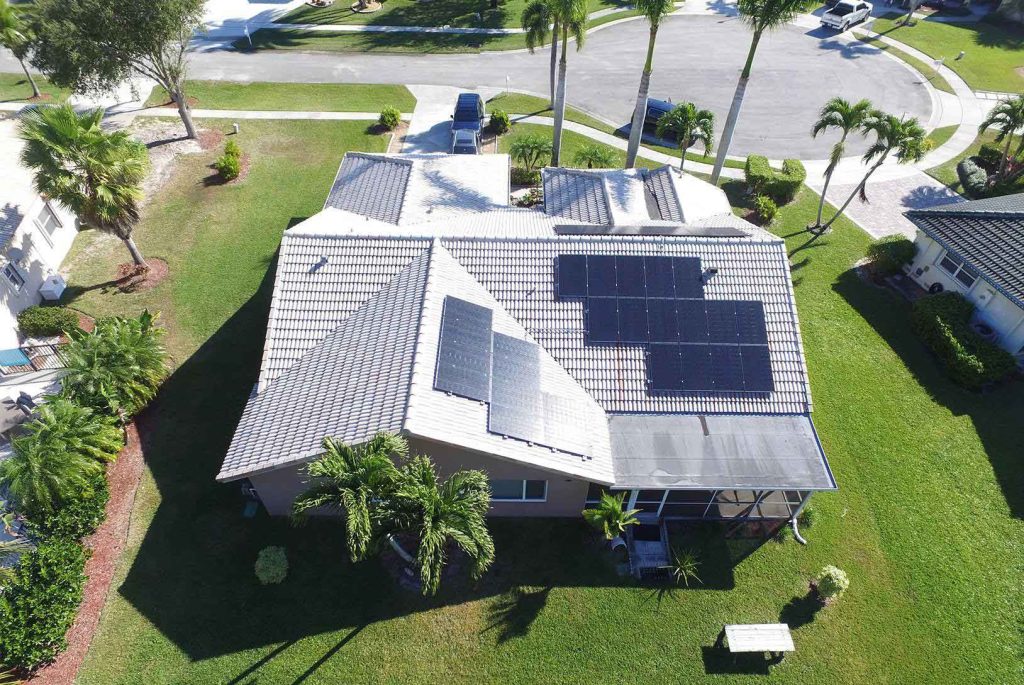
‘Free’ solar panels can lead to savings for some homeowners in Delaware, but the financial outcome isn’t uniform. It requires a careful analysis of your current and future energy costs, PPA terms, and expected energy consumption. If you’re considering this option, I recommend consulting with a financial advisor or a solar consultant to help you navigate the numbers and the contract’s fine print before making a commitment.
The Hidden Costs of “Free” Solar Panels
Certainly, while offers for ‘free’ solar panels may seem appealing at a glance, it’s crucial to understand that there can be hidden or unexpected costs tied to these deals. Here’s what homeowners in Delaware should be mindful of when considering such offers:
- Lease Agreements: Often, ‘free’ solar panels are part of a lease agreement. While you might not pay upfront for the installation, you are obligated to monthly lease payments, which can increase over time.
- Maintenance and Repair Costs: Even if the panels themselves are free, the responsibility for maintaining and repairing them might fall on you, leading to unforeseen expenses down the line.
- Performance-Based Incentives: Some agreements include performance quotas that can affect your financial benefits. If your system underperforms, you may not gain the expected savings on your energy bills.
- Insurance: Additional insurance may be required to cover the solar panel system, which can increase your homeowners insurance premium.
- Property Taxes: While Delaware offers property tax exemption for solar panel systems, this might not always be the case. Changes in policy could lead to increased property taxes.
When it comes to the long-term financial implications, it’s important to weigh the potential savings on energy bills against these hidden costs. Although solar power can provide energy savings over time, the lease payments and maintenance costs can eat into those savings. Be sure to calculate the total costs over the entire lease term to get a clear estimate of your actual savings.
Before making any commitments, thoroughly read through contracts and ask for clarification on any terms you don’t understand. It’s also wise to compare the ‘free’ solar offer with purchasing options, where you may bear a larger upfront cost but have greater control over the system, potentially leading to larger savings in the long run. Always consider consulting with a solar energy expert or a financial advisor to help you make the most informed decision for your specific circumstances.
Delaware Solar Incentives, Tax Credits, and Rebates to Reduce the Upfront Cost
Solar incentives and rebates are financial benefits that encourage homeowners and businesses to install solar panels. These incentives can come in various forms, such as tax credits, rebates, and grants, which can significantly offset the initial cost of installing a solar energy system. In Delaware, homeowners who install solar panels can benefit from reduced electricity bills, monetary incentives from local utilities, and state-specific tax benefits. These programs not only make solar more affordable but also promote renewable energy adoption, helping to reduce the state’s carbon footprint and encourage sustainable living.
Below is a table outlining the key solar incentives available to Delaware homeowners:
| Incentive | Savings | Explanation | Type | Occurrence |
|---|---|---|---|---|
| Federal Solar Investment Tax Credit (ITC) | 26% of system costs | Homeowners can deduct 26% of the cost of installing a solar energy system from their federal taxes. | Tax Credit | One-time (through 2022, then steps down) |
| Green Energy Program Incentives | Varies | Delaware offers rebates through its Green Energy Program for solar installations, depending on the utility company. | Rebate | One-time |
| Property Tax Exemption for Renewable Energy | Property value increase exempt from taxes | Solar system’s added home value is exempt from state property taxes. | Tax Exemption | Ongoing |
| Net Metering Policies | Savings on utility bill | Allows homeowners to receive full retail credit for the electricity their system adds to the grid. | Policy | Ongoing |
| Local Rebate Programs | Varies by municipality | Some Delaware municipalities offer additional rebates for residents installing solar panels. | Rebate | One-time |
| SREC Sales | Varies based on market prices | Homeowners can sell Solar Renewable Energy Certificates (SRECs) generated by their systems. | Income | As earned |
Note: The specifics of these programs, particularly the local utility rebates and net metering policies, can vary. It’s important for residents to check with their local utility providers and stay updated with the current policies and incentives. The Federal Solar Investment Tax Credit is subject to change based on federal energy policies.
How to Choose The Best Solar Company in Delaware
Deciding to go solar is a smart, eco-friendly choice, especially in Delaware where there are significant incentives for solar energy adoption. When choosing a solar installer, considering several key factors will ensure a seamless transition to solar power. Here’s what you should keep in mind:
- Installer Experience and Certifications: Look for an installer with a solid track record of installing solar panels in Delaware. Check if they are certified by entities like the North American Board of Certified Energy Practitioners (NABCEP). This reflects a high standard of professionalism and expertise.
- Customer Reviews and Reputation: Research customer feedback and testimonials to gauge the installer’s reliability and the quality of service provided. Positive reviews often reflect customer satisfaction and can provide insight into the company’s track record with installations in local conditions.
- Warranty Offerings: A robust warranty indicates confidence in the performance and durability of their solar systems. Look for comprehensive warranties that cover the panels, inverter, and workmanship for several years.
- Local Regulatory Knowledge: Familiarity with Delaware’s specific zoning laws, incentives, and rebate programs is crucial. An installer well-versed in local regulations can navigate the permitting process smoothly and maximize your benefits.
- Climatic Considerations: Delaware’s weather patterns can affect solar panel performance. An experienced installer should be able to recommend the best system configuration for your home, considering things like panel placement for optimal sun exposure.
- Service Offerings: Check if the installer provides a full range of services from energy assessment to system design, installation, monitoring, and maintenance. This streamlines the process and ensures consistent quality across all service areas.
- Post-Installation Support: After installation, you might need assistance with system monitoring, maintenance, or troubleshooting. Ensure the company offers reliable support and can be easily contacted for any service needs.
Selecting the right solar installer involves evaluating these factors to ensure that your investment pays off in the long-term. By focusing on these considerations, you can choose a partner that will not only help you save on energy costs but also support you through the entire solar journey.
Important Solar Installation Factors to Consider in Delaware
When considering the installation of solar panels in Delaware, there are several key factors to examine that will help ensure your investment is well-placed and provides the anticipated benefits. Let’s walk through them:
Firstly, Delaware’s climate conditions are generally favorable for solar energy. The state experiences a good amount of sunny days, which is beneficial for solar panel efficiency. However, you should also consider the seasonal variations as winter days will have fewer daylight hours, and this can affect the overall energy production.
- Solar Potential: Assess the solar potential of your property to determine how much energy you can expect to generate. Factors such as the direction your roof faces, the angle of your roof, and any shading from trees or other structures will influence this.
- State Regulations: Delaware has policies in place to support solar panel installations, including net metering, which allows homeowners to sell excess electricity back to the grid. Research the current state regulations and incentives as they can significantly improve the economics of your solar investment.
- Property Assessments: Before installation, a professional assessment of your property is crucial. This will include evaluating the strength and suitability of your roof, potential for sun exposure throughout the year, and any local zoning restrictions.
- Permitting Process: Understanding local permitting requirements is essential. While Delaware aims to support renewable energy, there might still be paperwork to file and approvals to obtain before you can proceed with installation.
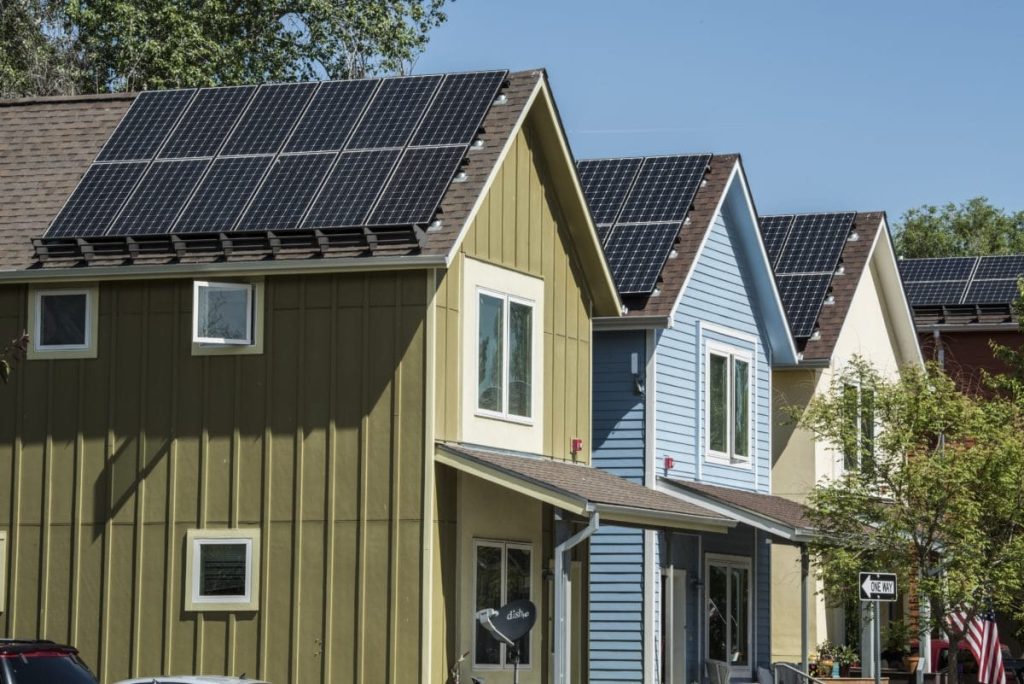
- Utility Company Coordination: Touch base with your local utility company to understand any specific requirements or interconnection processes that apply to your solar system.
- Financing and Incentives: Investigate financial incentives such as federal tax credits, state rebates, or solar renewable energy certificates (SRECs), which can offset the initial cost of solar panel installation.
- Installation Company: Choose a reputable installation company with experience in Delaware. They will be familiar with state-specific conditions and regulations, ensuring a smoother process.
- Maintenance and Warranty: Consider the maintenance plan and warranty of the solar panels. Since solar panels have a long lifespan, understanding the warranty and potential future costs is important.
Installing solar panels is not just a way to reduce your carbon footprint; it’s a long-term investment that can save money in electricity bills over time. Take the time to do your research and consult with experts to tailor your approach to Delaware’s specific opportunities and requirements. Your effort now will pave the way for a sustainable and economically smart energy solution for your home.
Wrapping Up: Understanding “Free” Solar Panels
When considering ‘free’ solar panels in Delaware, it’s important to understand that while there are no-cost upfront options, these typically involve leasing agreements or power purchase agreements (PPAs). Here’s what you should know:
Firstly, ‘free’ solar panel offers usually mean that a company will install the solar system on your property at no initial cost. However, this doesn’t mean you own the panels. Instead, you either lease them or agree to purchase the power they produce at a predetermined rate, which can still result in long-term savings on your electric bill.
- Leasing: You pay a fixed monthly fee to lease the equipment, which is often lower than your current electric bill.
- PPAs: You agree to purchase the electricity generated by the panels at a set rate, which is often lower than the utility rate.
The benefits of these options include:
- No large upfront costs.
- Potential utility bill savings.
- Maintenance and repairs are typically covered by the provider.
- Environmentally friendly energy consumption.
However, there are considerations to be aware of:
- You might not qualify for solar incentives and rebates that are available to solar system owners.
- Lease agreements and PPAs typically last 20-25 years and might complicate selling your home.
- The rate you pay for solar electricity can increase over time, depending on your contract terms.
If you’re a homeowner in Delaware considering this option, carefully review the terms of the agreement and consider the long-term impact on your property value and electricity costs. Also, make sure to compare different companies and offers to get the best deal that aligns with your energy needs and financial situation. Consulting with a solar energy expert or financial advisor is a wise decision to make an informed choice.


